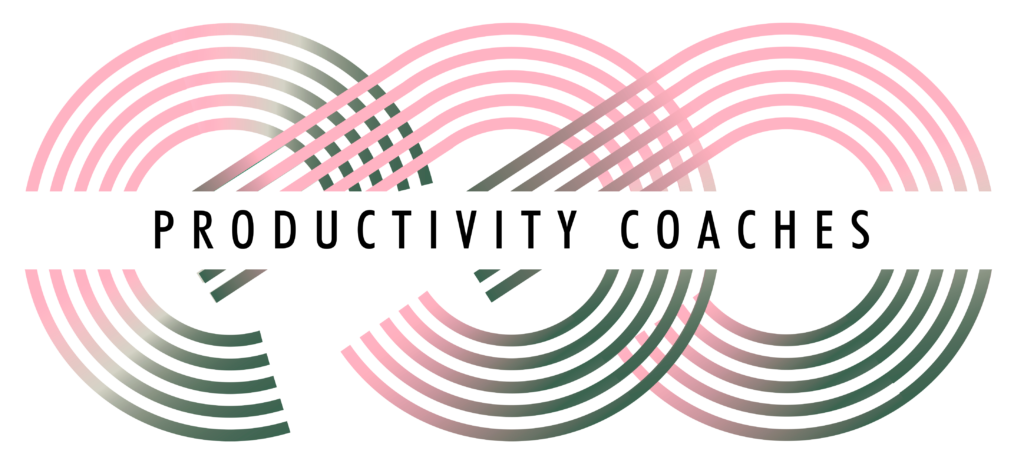In a world where constant notifications, competing priorities, and information overload threaten our ability to focus, mastering attention is no longer a luxury—it’s a competitive advantage.
The difference between high-performing leaders and those who struggle to execute is often their ability to sustain deep focus, eliminate distractions, and direct their energy toward high-impact activities.
Yet, most professionals don’t train their focus the same way they train other leadership skills.
Let’s change that.

Understanding the Science of Focus
Your ability to focus isn’t just about willpower—it’s about how your brain manages cognitive load, attention control, and distractions.
When you optimize focus, you don’t just get more done—you make better decisions, sharpen mental agility, and increase strategic clarity.
Key Cognitive Skills Behind Attention:
Selective Attention: Filtering out irrelevant distractions to focus on what truly matters.
Sustained Attention: Maintaining concentration for extended periods without mental fatigue.
Executive Function: Managing multiple cognitive processes for clear thinking and decision-making.
Reflection for Leaders: How much of your day is spent in deep focus vs. reactive distractions?
How to Improve Your Attention Span and Stay Productive
1. Train Your Brain with Mindfulness
Mindfulness isn’t just about relaxation—it’s a proven cognitive training tool that enhances focus, mental clarity, and emotional regulation.
Neuroscience Insight: Research from Harvard Medical School shows that regular mindfulness practice increases gray matter density in brain areas linked to attention control.
Actionable Strategy:
- Start with 5-minute daily mindfulness sessions to sharpen focus.
- Use guided meditations or focus-training apps to develop concentration skills.
Leadership Challenge: What would happen if you treated focus training like you treat leadership training?
2. Use SMART Goals to Strengthen Mental Clarity
Without clear objectives, your mind wanders and jumps between competing tasks.
Solution: Set Specific, Measurable, Achievable, Relevant, and Time-bound (SMART) goals to direct mental energy toward what truly matters.
Example of a SMART Productivity Goal:
Vague Goal: “Improve task efficiency.”
SMART Goal: “Reduce email response time by 30% within 60 days by implementing batch processing.”
Takeaway: Clarity fuels focus. The clearer your objectives, the easier it is to direct attention effectively.
3. Design a Distraction-Free Work Environment
Your workspace directly influences your focus. A cluttered, noisy, or chaotic environment forces your brain to process unnecessary distractions, reducing efficiency.
High-Performance Work Setup:
Declutter: Remove visual distractions from your workspace.
Noise Control: Use noise-canceling headphones or background sound apps.
Digital Focus Mode: Block notifications and set dedicated focus periods.
Pro Tip: Studies show that open office environments reduce concentration by up to 66%. Creating personalized quiet zones for deep work boosts productivity.
4. Apply the Pomodoro Technique to Maximize Energy
The Pomodoro Technique is a time-management framework that improves focus endurance by breaking work into focused sprints.
How It Works:
Work for 25 minutes on a single task (Pomodoro Session).
Take a 5-minute break.
Repeat this cycle four times, then take a longer 20-minute break.
Why It Works:
- Prevents cognitive burnout by balancing focus with recovery.
- Trains the brain to sustain concentration in structured intervals.
5. Strengthen Focus with Healthy Lifestyle Habits
Your physical health directly impacts cognitive performance. Poor sleep, diet, and exercise weaken attention span, reduce mental stamina, and increase decision fatigue.
High-Performance Lifestyle Checklist:
Nutrition for Focus: Eat omega-3-rich foods (fish, walnuts, flaxseeds) to boost brain function.
Exercise for Cognitive Stamina: Just 20 minutes of movement enhances mental clarity and focus.
Sleep for Mental Recovery: Prioritize 7-9 hours of high-quality sleep for optimal brain function.
Takeaway: Treat your brain like an athlete trains their body—fuel it, challenge it, and allow recovery.
How to Sustain Long-Term Focus and Mental Clarity
1. Track and Optimize Your Focus Patterns
Use a focus journal to log daily attention levels and identify improvement areas.
Set weekly reflection sessions to assess focus challenges and refine strategies.
2. Challenge Your Brain with Learning & Problem-Solving
Engage in brain-training exercises (puzzles, strategic games).
Read challenging books to stimulate cognitive flexibility.
Take up new skills to push mental boundaries.
Key Insight: Leaders who embrace lifelong learning develop sharper focus and higher adaptability.
Final Thoughts: Elevate Your Focus, Elevate Your Performance
Focus isn’t just a skill—it’s the foundation of decision-making, productivity, and leadership success.
You transform focus from a challenge into a leadership superpower by training your attention, optimizing your environment, and implementing high-performance habits.
Start small:
Choose one strategy from this list and implement it this week.
Reflect on your biggest focus disruptors and take action.
What’s your biggest focus challenge?



